Trending Now
With more and more US states (and other countries) legalizing marijuana for both medicinal and recreational purposes, you might be more than a bit curious about the ways in which it can benefit your body and life.
Below are 15 benefits backed up by science, so take a read through (but of course consult a doctor before making any decisions).
But also, you’re a free person – you can do what you want and I’ll be minding my own business.
#15. Treating glaucoma.

Image Credit: Pixabay
The treatment and prevention of glaucoma, which increases pressure in the eyeball and damages the optic nerve, is one of the most common reasons doctors prescribe marijuana. The drug works to decrease pressure inside the eye, according to the National Eye Institute.
“Studies in the early 1970s showed that marijuana, when smoked, lowered intraocular pressure in people with normal pressure and those with glaucoma.”
It’s not good as a long term treatment right now, though researchers hope that perhaps a drug derived from marijuana could potentially last longer.
#14. Decrease anxiety.
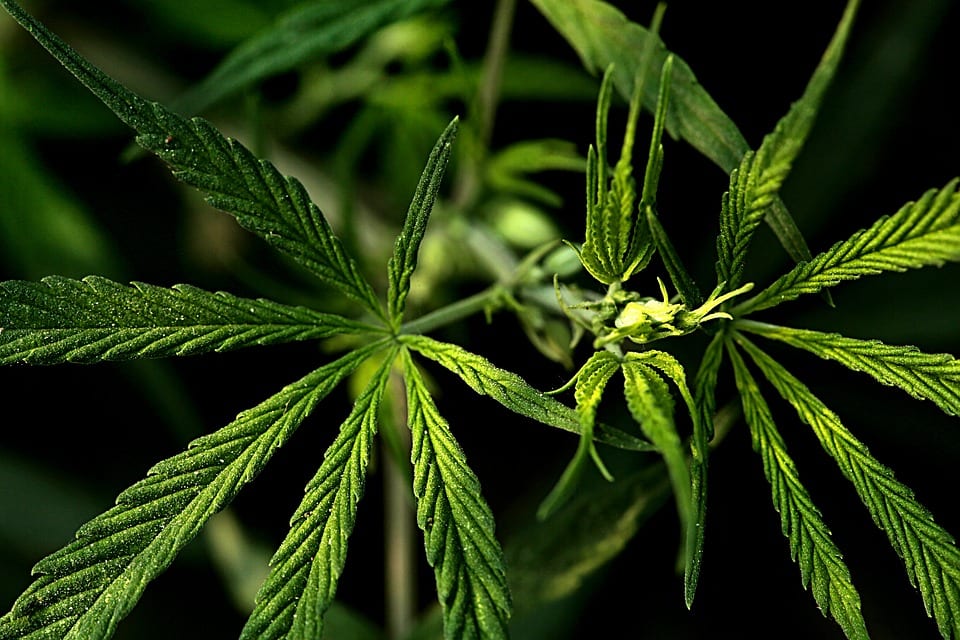
Image Credit: Pixabay
Though research confirms that using cannabis can ahave a relaxing effect, it turns out that smoking too much actually has the opposite effect. Scientists have found what they term the “Goldilocks” zone, and when achieved, usage reduces stress and anxiety.
#13. Ease IBS symptoms.

Image Credit: Pixabay
Inflammatory bowel disease, Crohn’s, and ulcerative colitis can be treated with marijuana, according to multiple studies.
University of Nottingham researchers found that the chemicals in marijuana, including THC and cannabidiol, interact with the body’s cells that play an integral role in gut and immune function.
#12. Spur creativity.
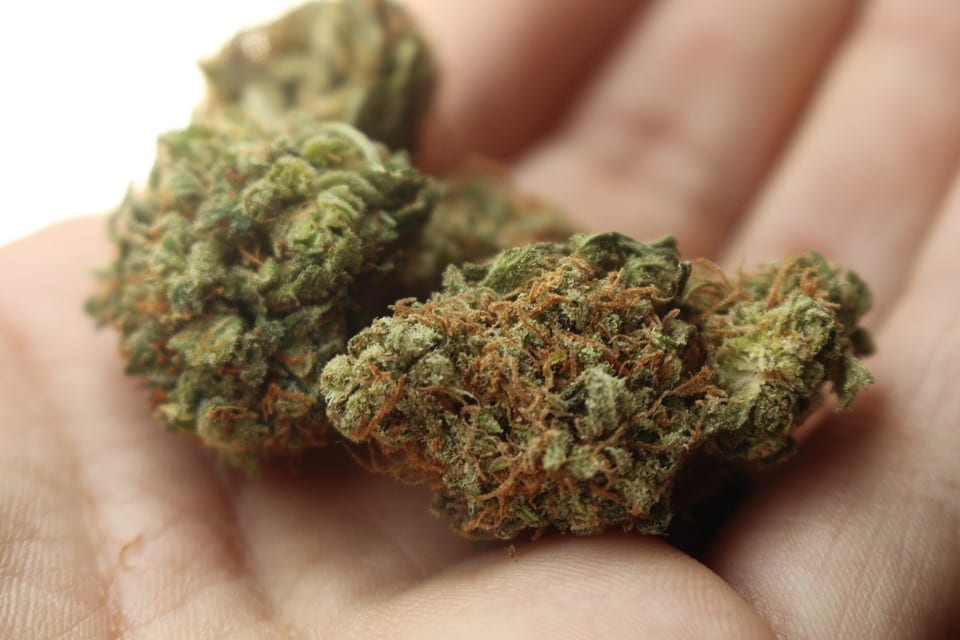
Image Credit: Pixabay
People’s short-term memories tend to suffer when they’re stoned, but they actually get better at coming up with new ideas – so if you’re stuck creatively, sparking up just might work.
Research also finds that people’s ability to come up with different words actually increases while using marijuana.
#11. Protect the brain from concussions and trauma.

Image Credit: Pixabay
A Harvard professor recently told NFL Commissioner Roger Goodell that players should not be tested or fined for using marijuana, because the plant could have some ability to protect their battered brains.
“Already, many doctors and researchers believe that marijuana has incredibly powerful neuroprotective properties, an understanding based on both laboratory and clinical data.”
At least one similar study found that patients who had used marijuana were less likely to die from traumatic brain injuries.
#10. Chronic pain management.

Image Credit: Pixabay
This is the most common reason people request and are prescribed medical marijuana, and scientists agree there is definitive evidence that cannabis is an effective treatment for chronic pain.
#9. Reducing or eliminating epileptic seizures.

Image Credit: Pixabay
People with treatment-resistant epilepsy seem to get relief from cannabidiol (CBD), with a number of people also reporting that the derivative helped their epileptic children.
#8. Slow the progression of Alzheimer’s disease.

Image Credit: Pixabay
A study out of the Scripps Research Institute concludes that marijuana may be able to slow the progression of Alzheimer’s disease, and at least one previous study agrees.
#7. Alleviate discomfort due to arthritis.
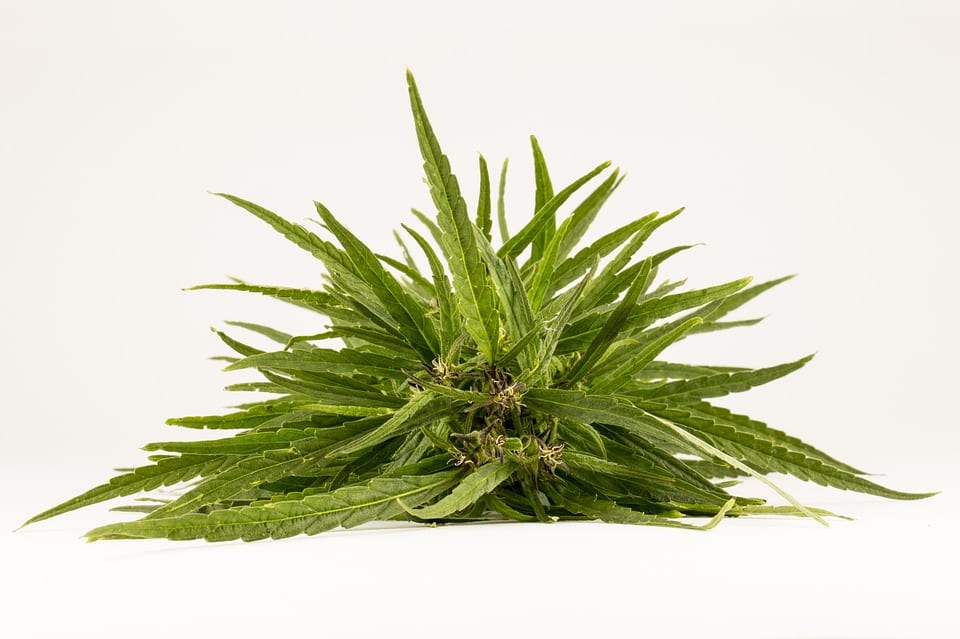
Image Credit: Pixabay
Doctors and scientists feel certain that marijuana alleviates pain, reduces inflammation, and promotes sleep, all of which are symptoms that plague rheumatoid arthritis patients.
#6. Soothe Parkinson’s tremors.
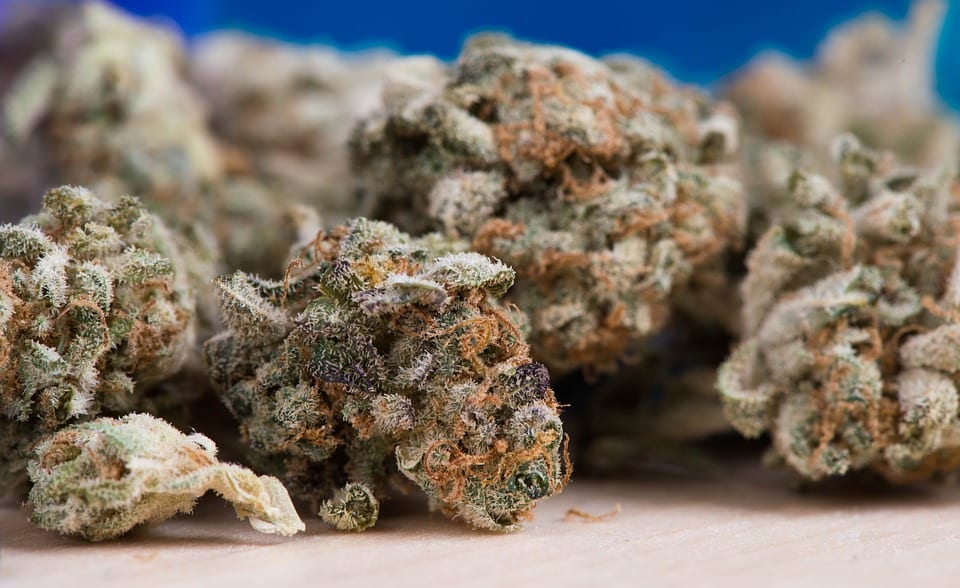
Image Credit: Pixabay
Research out of Israel shows that smoking marijuana results in a significant reduction in pain and tremors in Parkinson’s patients – it also improved fine motor skills among those same patients.
#5. Improving lung capacity.

Image Credit: Pixabay
It might seem counterintuitive, but there’s a fair amount of evidence that marijuana doesn’t harm your lungs – and that it may do the opposite. Research looked at the risk factors of heart disease and tested the lung function of over 5,000 young adults over the course of 20 years, and while cigarette smokers lost lung function over time, pot smokers actually showed an increase.
They’ve admitted it’s possible that the increase in function comes from taking deep breaths while inhaling the drug and not from any chemical.
#4. Halt the spread of cancer (maybe).

Image Credit: Pixabay
Research out of California’s Pacific Medical Center reported that CBD could help cancer from spreading, and other studies on aggressive brain tumors show that THC and CBD can, at the right dosages, shrink tumors. There are enough studies and positive correlations to warrant more research, which at the moment is preliminary.
#3. Ease MS symptoms.
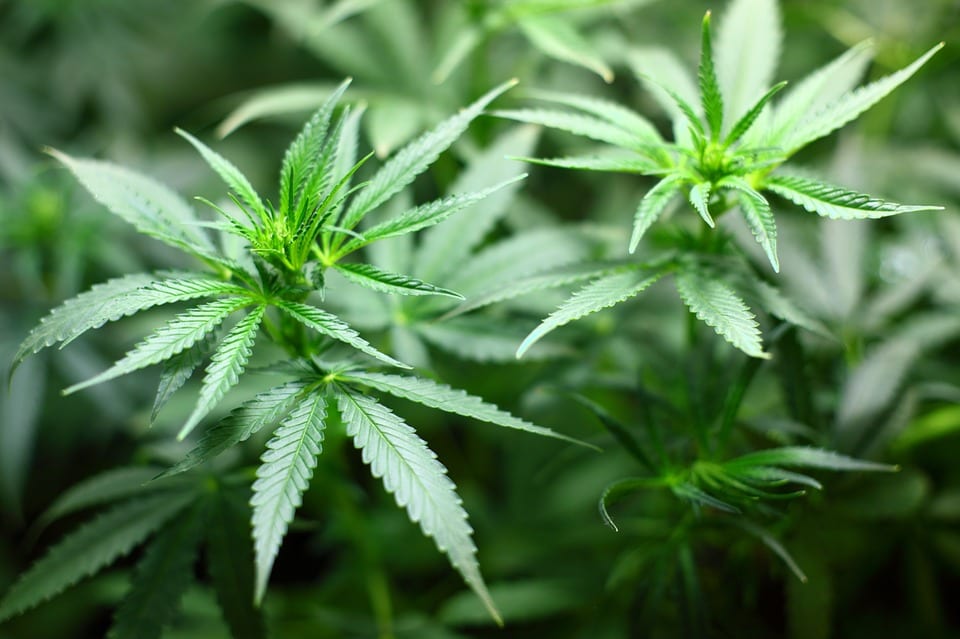
Image Credit: Pixabay
A study published in the Canadian Medical Association Journal claims that marijuana could ease painful symptoms associated with multiple sclerosis. It looked at the painful muscle contractions experienced by 30 patients who did not respond to other treatments.
#2. Decrease chances of obesity and sugar addiction.

Image Credit: Pixabay
Pot smokers are skinnier than the average person, along with having healthier metabolisms and more measured reactions to sugars – even when they do consume more calories.
The results come from a study of more than 4500 Americans, 579 of whom were regular pot smokers and 2000 who had, at some point, partook.
#1. Help veterans and others suffering from PTSD.

Image Credit: Pixabay
Colorado funded research into marijuana’s potential for people with PTSD and, as a result, cannabinoids have been approved in several states for the treatment of PTSD.
This is currently the number one reason people get a license for medical marijuana.
It’s easy to see why so many states are jumping on the bandwagon in an effort to provide the best medical care to their constituents.






